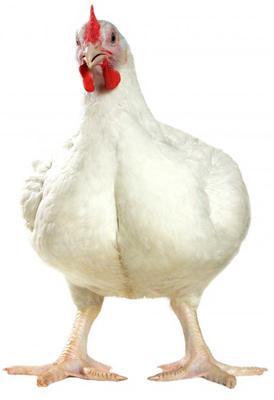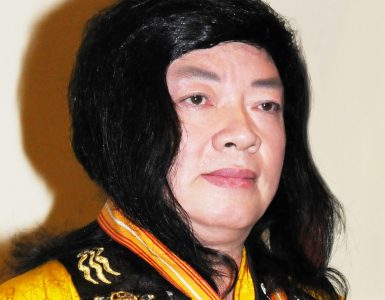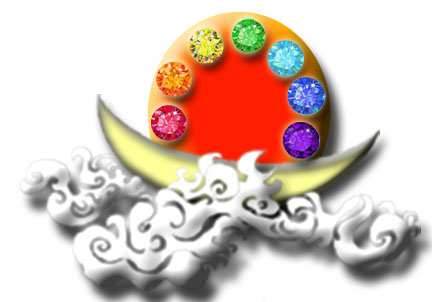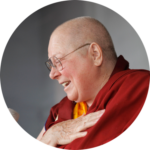
The following paragraphs are from a final draft of the “PREFACE” of my book Thus Have I Seen: The Marvelous True Buddha Dharma and Its Power to Transform.
In 2019, the Buddha Master gave me a scathing “Phoenix and Chicken” discourse when I went to him for advice. I tend to think “pigeon” would have been a better metaphor for me than chicken, but I finally got the idea. My translator was laughing so hard when he explained what the Buddha Master had just said that I could barely hear what he was saying. I had the distinct feeling that it was much better in Chinese, or at least more colorful. I often suspected that there was some editing on the part of the translators, but in all fairness, I think they probably also edited my questions to the Buddha Master to make them more respectful and appropriate. To be honest, I do not believe that the Buddha Master needed any translation to understand my intent. Many times, He understands my situation before I even think it, let alone understand it. Other disciples have had that experience as well. Sometimes I have received instruction and guidance that was outside of the restraints of language as well.
In essence, His Holiness sees me as a phoenix with all its grandeur and fancy plumage and abilities and I still see myself as a pigeon or chicken. I guess both of the ordinary birds are appropriate, if not very flattering. I certainly share undesirable qualities attributed to both—stupidity, greed, and lack of courage or timidity. I know, chickens don’t really lack courage, but we do use that expression. In fact, chickens can be vicious cannibals and deadly fighters. The Buddha Master sees me as the holy person I could be, and I, unfortunately, resist rising to that level even though He has tried so hard to teach me and give me the necessary initiations and empowerments.
The same thing happened when I was recognized as a rinpoche.[i] I still remember the argument before His dais when I fiercely fought having my photo installed at Hua Zang Si, our temple in San Francisco, as an elder or something like that. Suddenly, with no warning, one of the Buddha’s Dharma instruments on His dais, I think it was His bell, started flying ever so deliberately across the room on its own volition. The Buddha Master had not touched it. It must have been a Dharma Protector[ii] making a statement. I shut up then and the portrait was installed.
I had not wanted to be a rinpoche. I did not think I knew enough or was virtuous enough to be one. I considered myself an “aspirational rinpoche.” And that was probably true. It was the phoenix-chicken syndrome again. I have struggled with this ever since I started following the Buddha Master. I finally accepted the rinpoche role, realizing that I could probably help more people in that role than being at a lesser status. Could it be that anyone with the karmic affinity to seriously follow the Buddha Master, has enough virtue and merit from past lives to be a reincarnated lama no matter what they “knew” or how virtuous they were in this life? Maybe. I also reflected on an important teaching from the Buddha Master on the role of faith in esoteric Buddhism whereby you had to have faith not only in the Buddha and the Dharma, but also in yourself that you, too, could become a Buddha. “Divine Pride or Arrogance” is a part of some tantric practice. This is not just what you do on your cushion.
And I think there was a dark side to my rejecting the high-status positions. It wasn’t all modesty or humility. There was a very real fear that I would like it. I did not need anything more to be attached to. I often joked about this, but on my part, it was pure gallows humor. I had laughed when the Buddha told me I would have assistants with parasols, but I found the idea very unlikely and ridiculous. However, when it happened, it wasn’t all bad.
But it was not until I was discussing The Supreme and Unsurpassable Mahamudra of Liberation during a retreat at the temple that I think I really understood what the Buddha Master had been trying to teach me and it shook me to the bone. All my being cute about being an aspirational rinpoche was wrong. The Buddha Master’s analogy to the Phoenix and Chicken was spot on. As long as you were just aspiring to something, you were not really committed to being that thing—you still had doubts and there was no room for doubt in this process. This is exactly what we do with our yidam[iii] practice of becoming the yidam. How could you succeed, if you did not totally believe you could do so?
You had to take seriously and believe the Four Great Mahayana Vows we recite every day even though you know no ordinary person could possibly accomplish them. These were not vows for the chicken-hearted. These are phoenix level vows.
Defilements are countless; I vow to put an end to them.
Dharma methods are limitless; I vow to learn them.
Living beings are innumerable; I vow to save them.
Buddhahood is unsurpassable; I vow to realize it.
[i] Rinpoche is a Tibetan term for someone who is considered to be a reincarnated lama or Dharma teacher.
[ii] Dharma Protectors are beings from another realm who guard the sacred teachings and those who follow them. I will describe them later.
[iii] A yidam is the practitioner’s personal or main deity for Tantric practice; i.e., the deity with which the practitioner has the strongest connection.
CLICK for PREFACE, Part I – Thus Have I Seen: The Marvelous True Buddha Dharma and Its Power to Transform
CLICK for more information on the phoenix.
This article was originally published on November 15, 2020.





Add comment